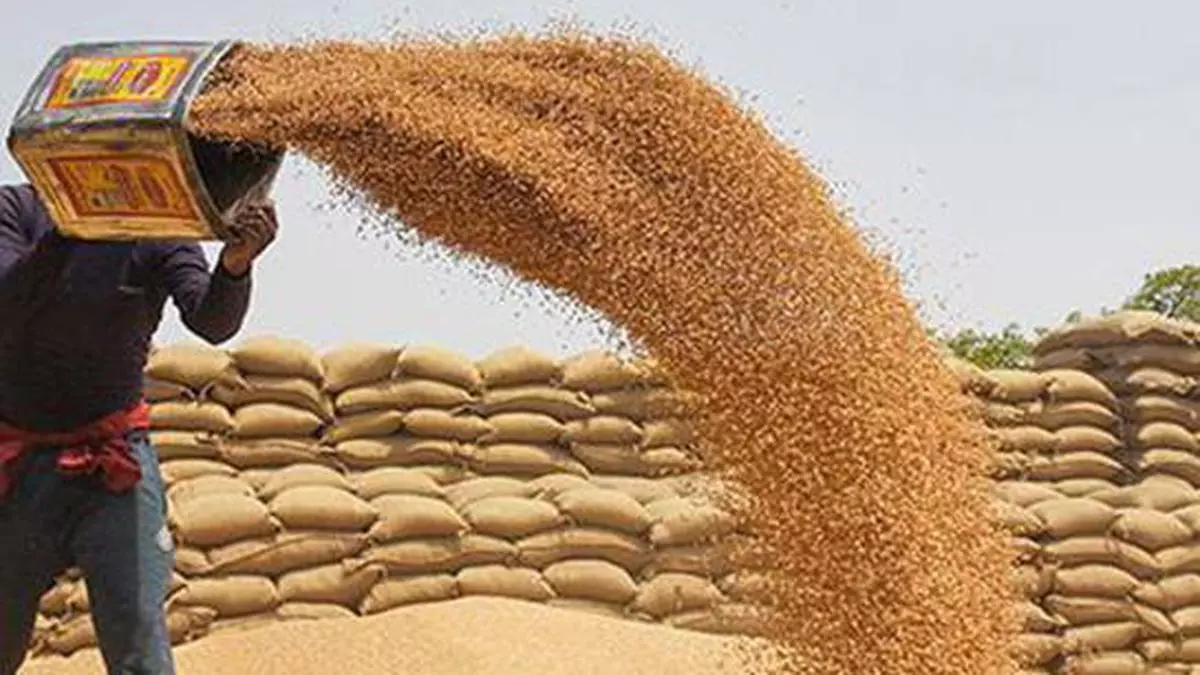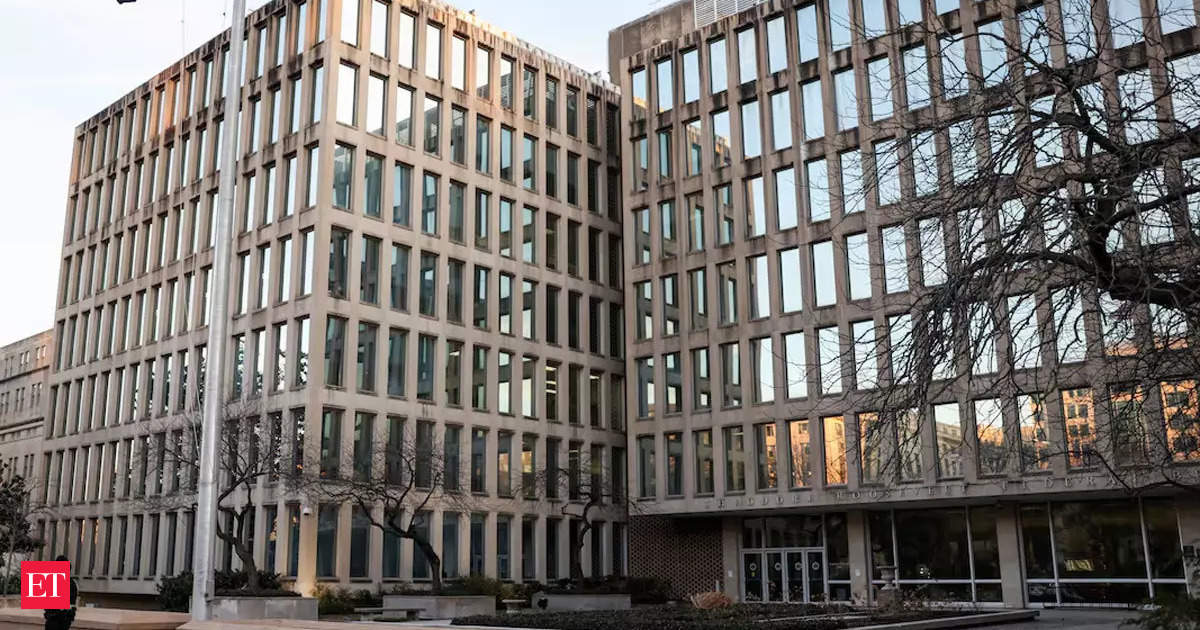Flour millers in the North are voicing their opposition to the introduction of uniform pricing in the new OMSS policy, citing inconsistencies that burden the food subsidy system and discourage them from purchasing at harvest. The issue stems from the challenges millers face in procuring grain from various sources, each with different pricing structures. The lack of a cohesive pricing mechanism often leads to financial losses for millers, making the purchase of grain at harvest financially unviable. By advocating for a more flexible pricing framework that takes into account market realities and local conditions, flour millers are hoping to alleviate the burden on the food subsidy system and safeguard their own profitability. They argue that a one-size-fits-all approach to pricing fails to capture the complexities of India’s grain market and perpetuates inefficiencies in the supply chain. In response, the government is now re-evaluating its approach and considering options to address the concerns raised by millers. As the new OMSS policy is implemented, it is crucial to strike a balance between ensuring adequate food subsidies for those in need and creating a sustainable and fair environment for millers to operate in. This requires a comprehensive understanding of the challenges faced by millers and a willingness to engage in dialogue to find solutions that work for all stakeholders. Through collaboration and effective policy-making, it is possible to create a more resilient and efficient food subsidy system that supports both millers and consumers.
Ahead of new OMSS policy, flour millers in the North oppose uniform pricing











